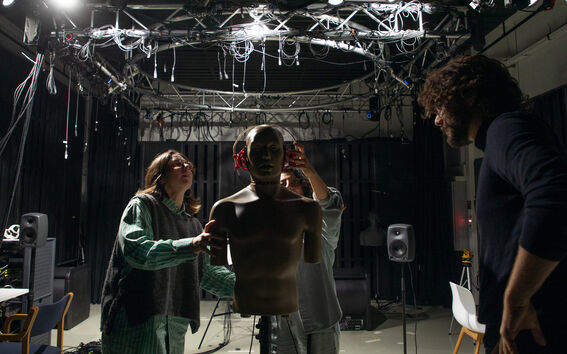An alternative approach for VA modelling is “black-box” modelling. Black-box modelling is based on measuring the circuit’s response to some input signals and creating a model which replicates the observed input-output mapping. The study from which these results came, was based on the WaveNet convolutional neural network.
The digital amplifier model is created using a deep neural network. Audio is recorded from a ’target ’guitar amplifier, and this audio is used to train the deep neural network to simulate that guitar amplifier.
Alec Wright, a doctoral student, focusing on audio processing using deep learning says,’ The tests were conducted to validate the performance of models emulating either the Blackstar HT5 Metal or Mesa Boogie Express 5:50+ tube amplifiers. The models were created with a focus on real-time performance, and all of them can be run in real-time on a desktop computer’.
All of this means that in the near future, all a guitarist will need to do is plug into their laptop that is running the deep neural plugin, and a thoroughly convincing vintage guitar amp sound will come from the speakers.
It remains to be seen if guitar amplifier purists will be willing to part with their beloved rigs, but this innovation paves the way for any audio enthusiast to digitally get the desired guitar sound, whether it be a Marshall, Orange, Fender, or anything else, on the road or in the studio.
Read the paper here: https://www.mdpi.com/2076-3417/10/3/766














